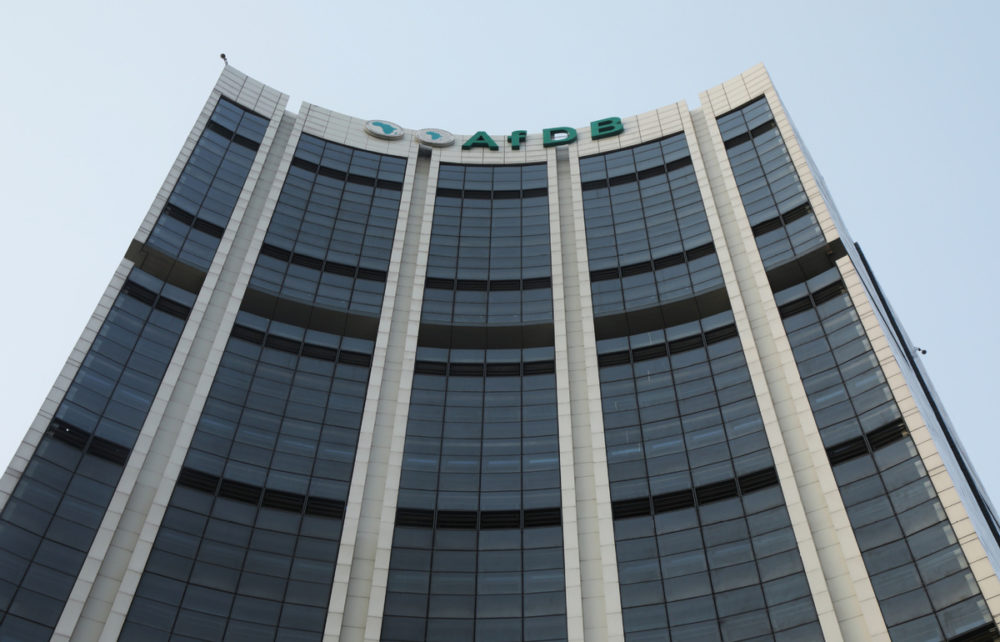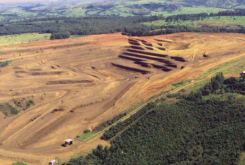The COVID-19 pandemic in Southern Africa could lead to a fall of 4.9% in economic output in the region in 2020, and an improvement in business environment will be critical for the recovery, according to the African Development Bank (ADB).
In its new Southern Africa Regional Economic Outlook, the ADB says that economic troubles in the region are “mainly driven by the deep recession in South Africa, induced by a fall in commodity prices, containment measures, weather-related events, and the structural issues related to public utilities”.
The region’s growth is projected to be the most affected by COVID-19 and in the worst-case scenario, regional output could shrink -6.6% in 2020 before recovering to 2.2% in 2021.
Before COVID-19, Southern Africa’s economy was projected to recover from an estimated 0.7% growth in 2019 to 2.1% in 2020. As has been the case historically, South Africa, the region’s largest economy, is projected to contribute an average of 60% of regional economic output in 2020.
Following the outbreak of COVID-19, economic growth forecasts declined by 7 percentage points from the original projection under the baseline scenario, and 8.7 percentage points under the worst-case scenario.
The impact of COVID-19 in South Africa is projected to trickle to the rest of the Southern African economies. “Botswana, Eswatini, Lesotho and Namibia are seen as more vulnerable to South Africa’s impending contraction in economic growth, while Mozambique’s sales of gas and electricity could be adversely affected. In addition, countries that rely on tourism, such as Mauritius, will be adversely affected”, the ADB says.
However, the immediate outlook depends on the spread of new cases. South Africa is now the fifth-worst affected country in the world, with close to 400,000 confirmed cases.
The service sector, which accounts for over 50% of the GDP of most of the regional economies, is projected to be negatively impacted by the pandemic, worsened by travel bans, as well as disruption to transport, distribution, hotels and restaurants, entertainment, retail and trade.
Economic diversification, characterized by commodity-driven industrialization, will help boost the region’s resilience during downturns, the report noted.
Already at 12.5% between 2011 and 2019, unemployment is likely to escalate, especially in hardest-hit sectors such as tourism and hospitality, entertainment, retail and trade and agriculture, where most of the people in the region are employed.
“Improving business environment competitiveness in the region is therefore critical. The African Continental Free Trade Area (AfCFTA) is projected to provide medium- and long-term opportunities for markets to spur economic growth. The intra-African market is expected to mitigate some of the negative effects of COVID-19”, the ADB says.
The publication identified the provision of, and access to, quality education and skills as the basis of prosperity, dignity and well-being for individuals, and forms the backbone of successful economies. To achieve economic diversification and structural change towards high-productivity sectors, a better skilled and more adaptable labor force is necessary, the report recommended.




